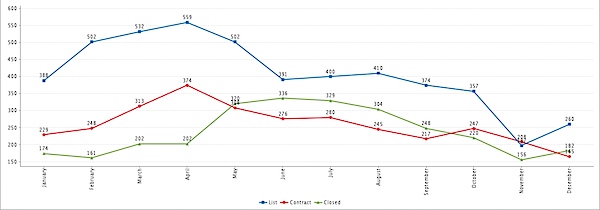In January 2012 I noted that you should Choose Your (Social) Friends Wisely – “ They Could Affect Your Ability to Buy a House.
In April 2012 I wrote words of warning to those involved in real estate transactions (real estate agents, too) to Don’t Talk about your Real Estate Negotiations (on Social Media)!.
2014 brings word that lenders are more avidly farming social media to ascertain buyers’ creditworthiness. This makes complete and total sense. I google many (most?) of the people I meet. If deciding to hire someone, checking out their social media profiles is a reasonable step of due diligence. Why wouldn’t lenders check potential borrowers’ social media? (other than the fact that big banks can’t be trusted)
Lending companies … are looking at potential problems such as whether applicants put the same job information on their loan application as they posted on LinkedIn, or if they shared on Facebook that they had been let go by an employer. A small business that draws negative reviews on eBay EBAY -0.95% also could undermine its chances of getting more credit, lending companies say.
…
“It’s one of the tools we use to do underwriting,” said Sasha Orloff, co-founder and chief executive at LendUp, which is backed by companies including Google Ventures and expects to make 300,000 loans in 2014. “Do you have 4,000 friends but none are that close, or do you have 30 people but they’re very close? There are ways to measure how engaged and how strong your community ties are,” he said.
I can imagine that life insurers would check to see if someone who says they’re not a high risk is prone to skydiving on weekends, or other such risky adventures. Reasonable, right?
In other words – Be careful what you post online.
I do wonder … could lenders one day ask for your gmail login credentials to see your networks? Or if buyers could use “do you check my social media profiles” as a means to evaluate lenders?
–

